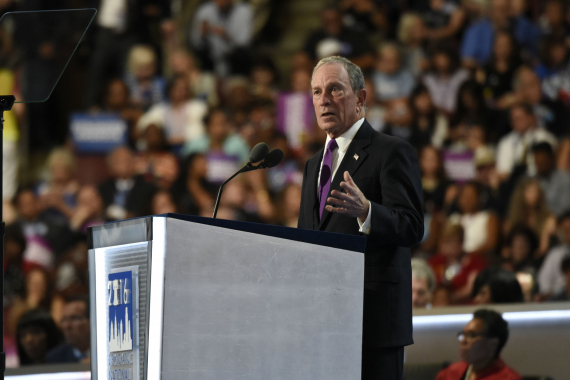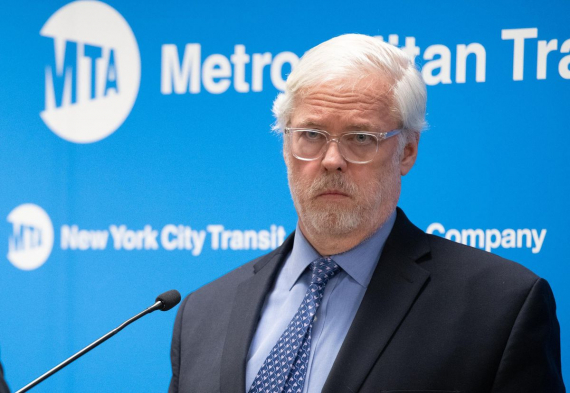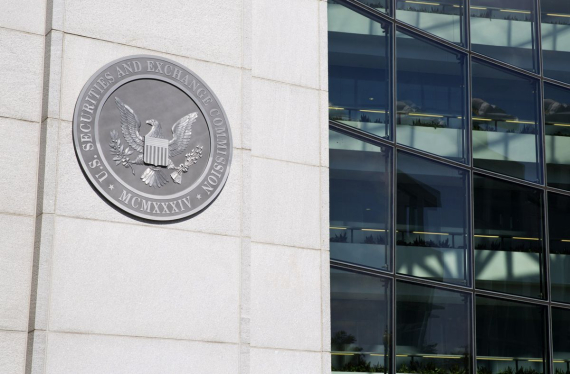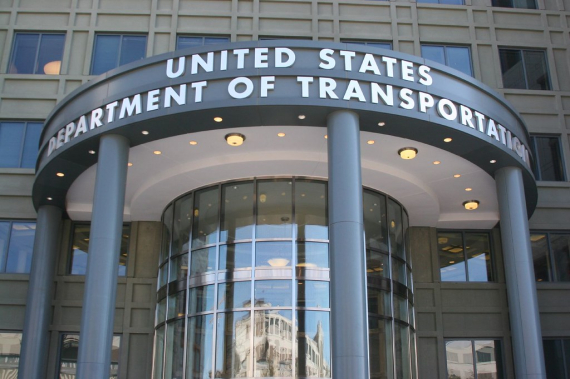
ARMONK, N.Y., April 13, 2022 /PRNewswire/ -- More than half (51%) of respondents say environmental sustainability is more important to them today than it was 12 months ago, says a new IBM (NYSE: IBM) Institute for Business Value (IBV) study. They are demonstrating its importance through their purchases, household choices, investments, employment, and travel decisions. However, they need help from companies to make the most sustainable choices.
"Consumer respondents have signaled they're willing to commit personal resources and give up conveniences to protect the planet, and we're finally seeing their aspirations and actions merge," said Sheri Hinish, global lead, IBM Consulting Sustainability Services. "But they need businesses to help break down the persistent barriers that are impeding them from making the most sustainable choices possible."
The IBM IBV study, Balancing sustainability and profitability: How businesses can protect people, planet and the bottom line, includes global insights from a survey of more than 16,000 respondents in ten countries to uncover the latest consumer and employee opinions and perspectives on environmental sustainability.
The study found that surveyed consumers' actions are starting to match their intent. Back in 2021, half of respondents said they were willing to pay a premium for a sustainable brand or products. And this year, almost the same percentage (49%) of respondents say they did pay more—an average of 59% more—for products branded as sustainable or socially responsible.
And it's not just buying goods: 77% of respondents share a desire to make more sustainable choices at home; 62% of personal investors surveyed say their portfolios now account for sustainability; two out of three respondents say they are more willing to work for organizations they consider to be environmentally sustainable; and roughly one in three respondents say environmental impact factors are now more important to them than convenience, cost, and comfort when purchasing travel.
Other key study findings include:
Consumers shop with a purpose
- On average, three in five respondents say products branded environmentally sustainable or socially responsible made up at least half of their last purchase.
- Forty-nine percent of surveyed consumers say they paid an average premium of 59% for products branded as environmentally sustainable or socially responsible.
- It's not just the wealthy who are willing to pay more for sustainability. Four out of ten respondents in the lower income bracket (two-thirds less than the median household income by country) also say they paid a premium for products that are branded as environmentally sustainable or socially responsible products.
Supporting sustainability at home can be challenging
- Three out of four (77%) of the consumers surveyed say they want to make more sustainable choices at home, but in many instances, they don't find it easy to do so. Respondents say businesses could take several actions to help them, including:
- Offering greater personal incentives to make changes such as rebates or discounts (43%)
- Creating different, more accessible ways to participate (41%)
- Offering less expensive product options (40%)
- Ensuring greater awareness of available choices (39%)
Sustainable investing matures
- Nearly two-thirds of personal investors surveyed see climate risk and sustainability as key factors that will influence the performance of their portfolios.
- Sixty-two percent of personal investors surveyed say their portfolios take environmental sustainability into account, up from 48% in 2021.
- Nearly one in four (23%) respondents made a new investment in home renewable energy generation in the last 12 months and another one in four (26%) plan to do so in the next 12 months.
- In terms of barriers to investing, money concerns, including the upfront cost (21%) and the cost over time (9%), top the list, though seven in ten respondents cite other factors as the biggest reason they haven't taken more action. Nearly two in five respondents say they don't have enough time to research and implement more sustainable investments (19%) or that the information is unclear, unavailable, or non-existent (18%).
Sustainability can be a talent advantage
- Two out of three respondents say they are more willing to apply for (67%) and accept (68%) jobs from organizations they consider to be environmentally sustainable.
- However, only 21% of respondents consider their current employers to be sustainable, which could translate to a major flight risk.
- One in three of those surveyed who changed jobs last year accepted a job with an employer they consider to be environmentally sustainable (35%); one in three respondents (34%) accepted a job offer for a role where they can directly influence environmentally sustainable outcomes.
- Roughly one in three of those surveyed who changed jobs in the last year say they accepted a lower salary to work for sustainable or socially responsible organizations. On average, they took an average pay cut of 28%.
Low carbon transportation gaining ground with consumers
- Roughly one in three consumers surveyed say environmental impact factors are now more important to them than convenience, cost, and comfort when purchasing travel.
- Electric vehicles (EVs) have made significant headway, with nearly four in ten respondents travelling by private electric car at least monthly in the last year, and more than one in three (35%) say they've either stopped using personal cars that run on gasoline or use them less due to environmental sustainability concerns.
- Many consumers are ready to make a change to EVs. Roughly four in ten of those surveyed who care deeply about the environment say their environmental concerns compelled them to reduce or eliminate travel by traditionally powered private cars and airplanes in the last year. And almost half of all travelers surveyed increased their use of EVs in the last year for the same reason.
- This shift has decreased demand for traditionally powered vehicles and airplanes by 15% and 14% respectively and increased demand for EVs by 23% in the last year among those respondents who care deeply about the environment.
"The decisions consumers make can have huge impacts on a company's bottom line, and consumers have spoken—they want more sustainable choices possible. By paving a clearer, more accessible path to responsible consumption, executives can do even more to build a sustainable future—for the planet, for their customers, and for their businesses," said Hinish.
To view the full report, visit https://www.ibm.com/thought-leadership/institute-business-value/report/2022-sustainability-consumer-research
Methodology
The IBM Institute for Business Value surveyed more than 16,000 adults globally from ten countries (Brazil, Canada, China, France, Germany, India, Mexico, Spain, United Kingdom and United States) during February 2022 to better understand consumers' opinions and perspectives on environmental sustainability.
About the IBM Institute for Business Value
For two decades, the IBM Institute for Business Value has served as the thought leadership think tank for IBM. What inspires us is producing research-backed, technology-informed strategic insights that help leaders make smarter business decisions. From our unique position at the intersection of business, technology, and society, we survey, interview, and engage with thousands of executives, consumers, and experts each year, synthesizing their perspectives into credible, inspiring, and actionable insights. To stay connected and informed, sign up to receive IBV's email newsletter at ibm.com/ibv. You can also follow @IBMIBV on Twitter or find us on LinkedIn at https://ibm.co/ibv-linkedin
Media Contact
Jamee Nelson
IBM External Relations
Jamee.Nelson@ibm.com
SOURCE IBM












































